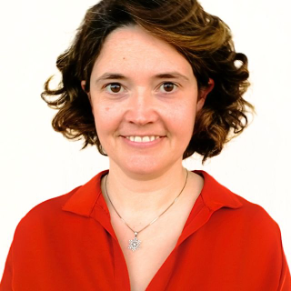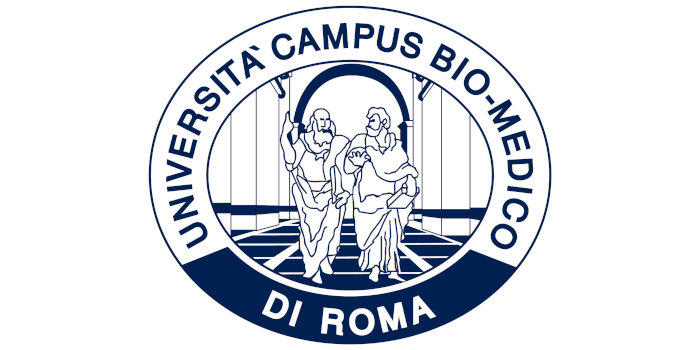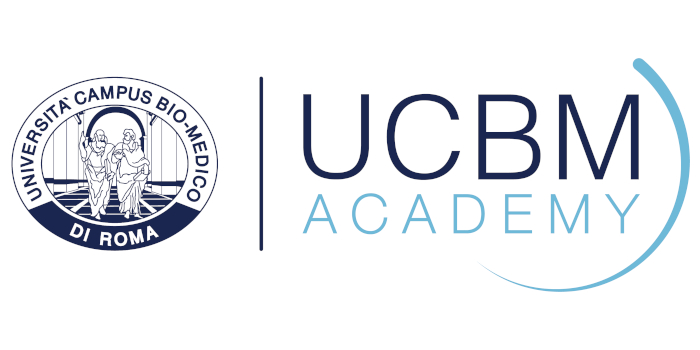KEYNOTE
Gas Sensor Technologies and Machine Learning for Early Cancer Diagnostics
Donatella Puglisi
Division of Sensor and Actuator Systems, Department of Physics, Chemistry and Biology, Linköping University, Linköping, Sweden
ABSTRACT
Cancer ranks as the second leading cause of death in EU countries after cardiovascular diseases, with 2.6 million annual diagnoses and 1.2 million premature deaths. The economic impact reaches €100 billion yearly in Europe, necessitating more resilient health systems that ensure equitable access to cancer care.
Ovarian cancer is one of the most lethal gynecological malignancies, primarily due to its asymptomatic onset and subsequent delay in diagnosis. Most cases are identified at advanced stages, when treatment options are complex and limited, and survival outcomes are poor. With 324,000 new cases and 206,000 deaths globally in 2022, projections indicate increasing incidence by 2050. Early detection can dramatically change the prognosis of patients, increasing the five-year survival rate from 4% at stage IV to 90% at stage I. Current diagnostic methods such as serum biomarkers (CA125 and HE4), transvaginal ultrasound, computed tomography, and biopsy lack efficiency for large-scale routine screening due to insufficient sensitivity and specificity, invasiveness, cost, and complexity of data interpretation. The development of new reliable, rapid, and minimally invasive diagnostic technologies is essential to improve early detection, diagnostic capabilities, and clinical outcomes, as well as to increase patient survival rates and quality of life, thus ensuring high-quality standards of public health and health systems.
Here, we present a rapid, accurate, and non-invasive diagnostic strategy based on volatile organic compound profiling from blood plasma, using a 32-element metal oxide semiconductor-based electronic nose coupled with advanced machine learning techniques. Samples were collected in 1 ml aliquots, stored frozen under standard conditions, and thawed immediately prior to measurement at ambient temperature. Each measurement lasted 10 minutes. Custom feature extraction and sensor utility metrics enabled the development of a boosting-based ensemble model that achieved 97% sensitivity and 97% specificity in distinguishing ovarian cancer patients from healthy controls. A majority-vote classification framework attained 100% patient-level accuracy. Beyond binary classification, our approach accurately identifies cancer stages and differentiates ovarian from endometrial cancer, demonstrating its broad diagnostic utility. This portable, rapid, and easy-to-use system offers a scalable solution for early cancer detection, with extensive application potential in the biomedical field.
SPEAKER BIOGRAPHY
Donatella Puglisi, PhD, Associate Professor of Applied Physics at Linköping University, Sweden, specializes in interdisciplinary and international research and innovation projects spanning different scientific domains within applied sciences and engineering. Her research focuses on the development and operation of innovative gas sensing devices and machine learning-enhanced electronic noses for advanced odor detection, with a focus on volatile organic compounds. She has been a principal investigator or investigator of over 25 collaborative research and innovation projects in the fields of early cancer diagnostics and other biomedical applications, forensic investigations, cultural heritage preservation, food quality assessment, indoor air quality and environmental monitoring. She has also participated in several research projects and networks at local, national, and international levels as an advisory board member, external expert, working group member, or research collaborator. She is author of 65 papers on international journals and two book chapters, and has contributed to over 100 conferences and workshops, serving on organizing committees, technical program committees, advisory boards, and as session chair and invited, keynote, or plenary speaker. Her research interests extend beyond academia, also focusing on technology transfer and collaboration with industry, research centers, government agencies, and civil society.
Puglisi is a member of the International Steering Committee of EUROSENSORS and co-founder and board member of NORNDiP, the Nordic Network for Diversity in Physics, for the promotion and valorization of diversity, inclusion, equal opportunities, and female leadership in science. In 2019, she was awarded the Åforsk Entreprenörstipendium as one of the 10 Sweden's most innovative entrepreneurs of the year.





